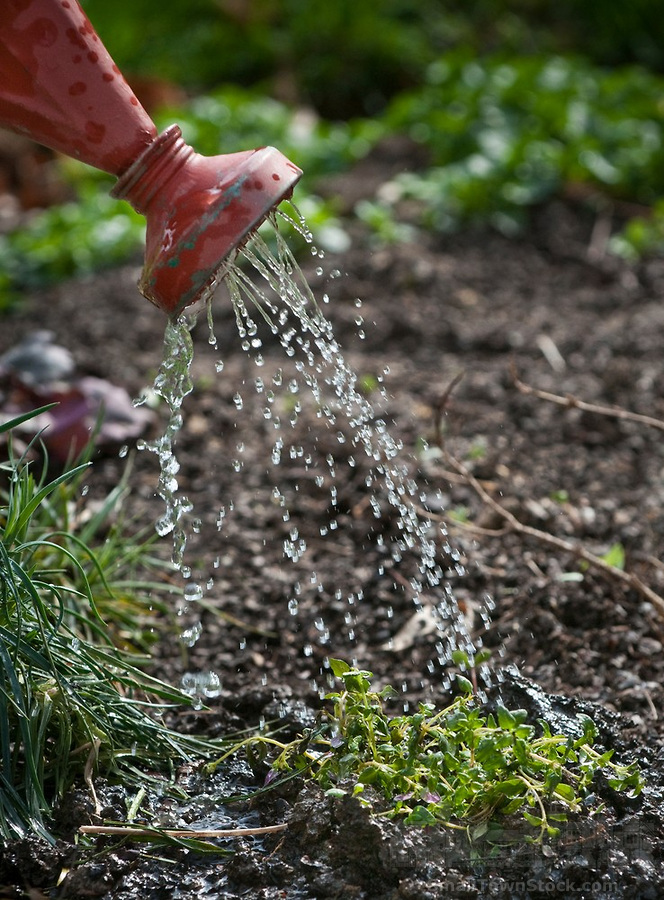How to Plant an Herb Garden
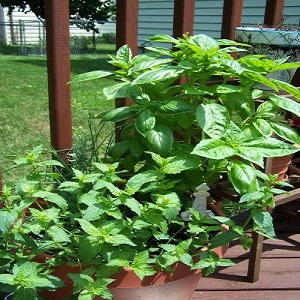
Herbs bring the flavor to our food and the health to our lives. Easy to grow with multiple benefits, herbs can be grown both indoors in pots and outdoors in vegetable patches. They are a delightful addition to the cooking ingredients and there is no feeling better than using you own herbs to make food. They are mostly resistant to poor growing conditions and once planted, demand little attention. Growing at home makes you independent of the market supply and you can grow any one of your favorite herb or a variety of herbs you use around the house. Have a look at our step by step guide below for growing a herb garden.
Things required:
– Garden fork
– Organic compost
– Mulch
– Herb seeds
– Water
Instructions
-
1
Prepare the area:
Prepare the area you want to turn into herb garden. This area should daily receive 7-8 hours of sunshine and should be in reach of water supply. You can grow the garden in the ground or in containers.
Turn over around ten inches of soil using the garden fork. Remove the rocks and weeds. Level out the area. Mix compost into the soil to make it rich in nutrients and moist. Divide the area into patches for each herb. If you are growing in containers, separate containers for each type will do.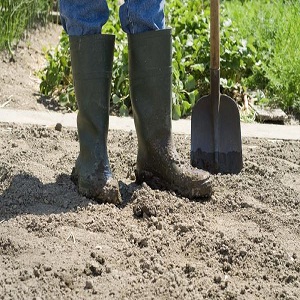
-
2
What to grow:
If you are new to herb plantation, start with common and locally grown herbs in the first year. Common herbs you can grow are basil, oregano, thyme, mint, rosemary, anise, parsley, dill and chives. Overtime when you grow experience, start planting specific herbs you need in the kitchen or for heeling purposes. Get the seeds from local nursery or seed shop.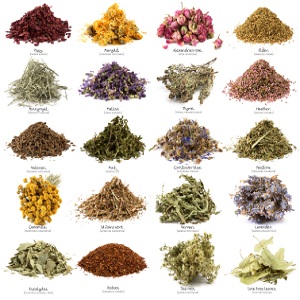
-
3
Plant seeds:
The best time to sow seeds is when frost lifts and nights start getting warmer. Plant the seeds in the soil but not too deep. As a general rule, the seed should not be deeper than three times its own height.Tiny seeds need to be pressed into the soil. Give space between herbs according to the requirements by each variety. When the seeds are planted, lay a layer of mulch over the garden. This will help in preventing weeds and retaining moisture.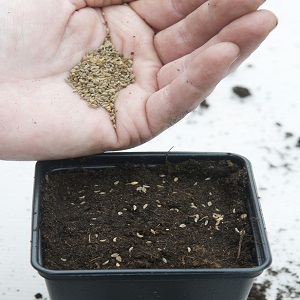
-
4
Growing herbs:
Water the herb garden after plantation. Water the garden every week with around two inches of water. Do not let the soil go completely dry. Most herbs do not need fertilizers for growth. The compost and mulch are enough to meet the needs.